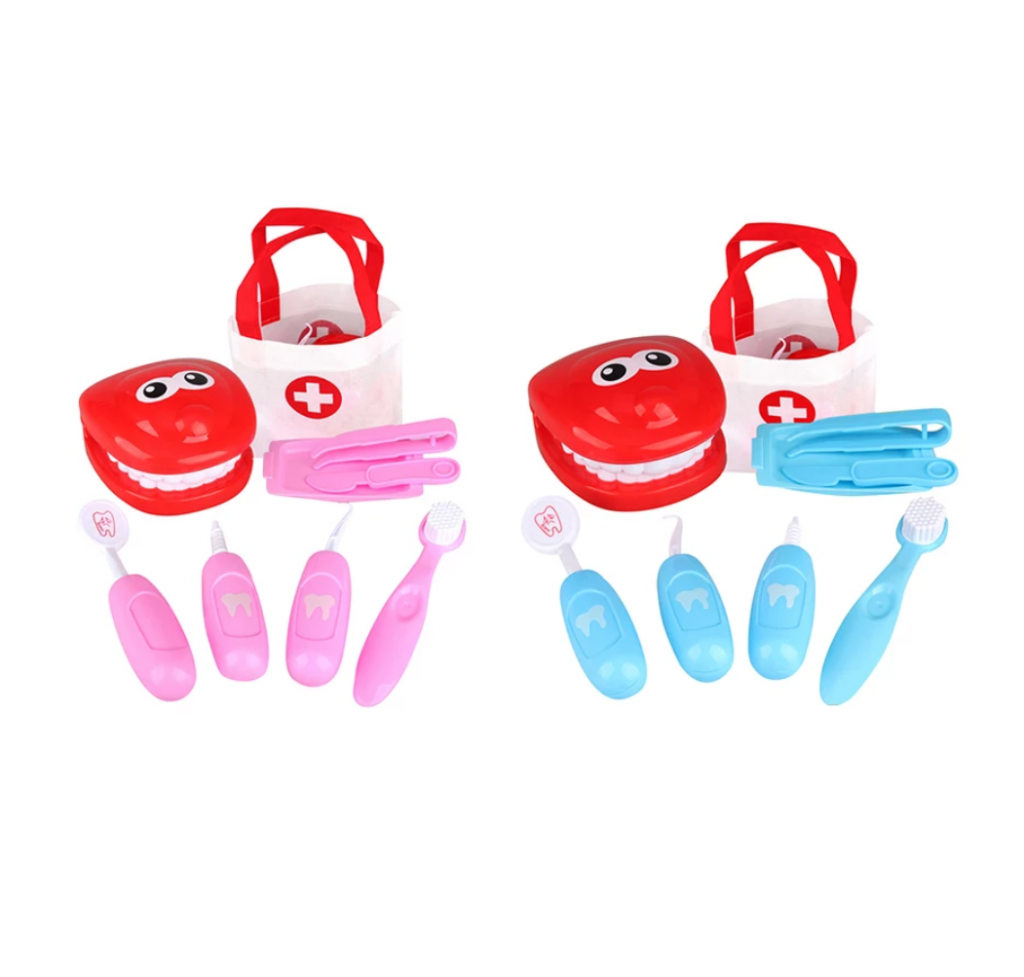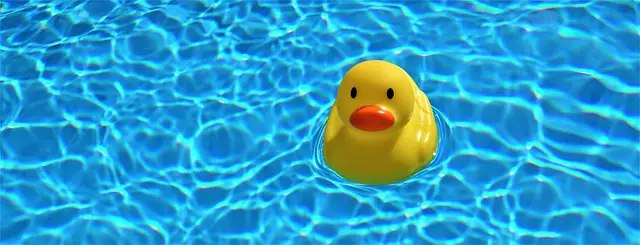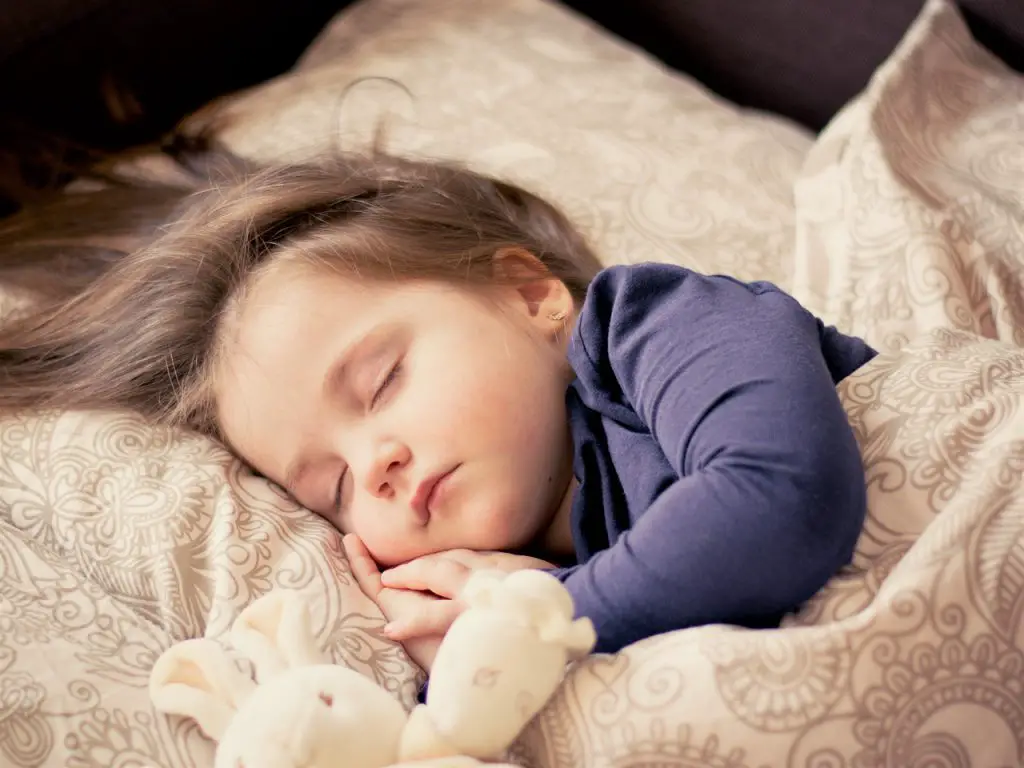Did you know your baby is born with a fully-formed set of teeth just below the gum surface.? Interesting isn’t it! These sets of teeth play a pivotal role in the baby’s development, henceforth that is why; we must learn and know how to take care of baby teeth. You must carefully take very good care of them. These teeth normally fall out at the age of six years.
And from the age of 6 baby teeth start to fall out.
The Importance of and how to take care of baby teeth.
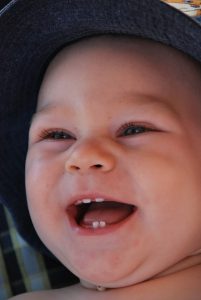
Baby teeth help babies eat solid foods. They help babies form clear speech sound.
They are place holders for the second coming permanent teeth.
When your baby is born, his or her forever teeth are present behind the already formed present teeth; throughout the first 6 years. The second set of teeth grows and eventually resolves the root of the baby teeth until they fall out; making way for themselves. If your baby’s teeth fall out due to cavity infection or decay. It can cause the tooth behind it to lose its place hence resulting in misaligned permanent teeth.
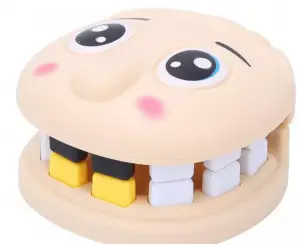
Be sure to take your baby to a dentist for close monitoring of your baby’s oral health. Especially soon after your baby begins to teeth.
Keep your baby’s teeth healthy by brushing your child’s teeth after eating. Particularly sweet foods, snacks, fruits and gum. Do not send your baby off to bed; with a bottle in his or her mouth as this might lead to teeth decay. Unless if it’s water or formula milk.
Do not swap saliva from your mouth to baby’s mouth; do not use the same spoon for yourself then go for your baby particularly when feeding them. Most mothers love doing this; a spoonful for the baby’; a spoonful into their mouths. This will put your baby’s teeth at risk as this passes cavity and bacteria from you to your baby.
Brushing Baby’s Teeth
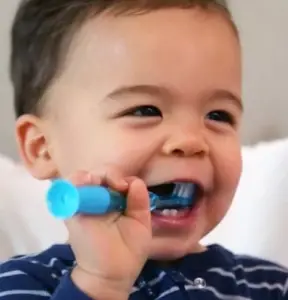
The American Dental Association.
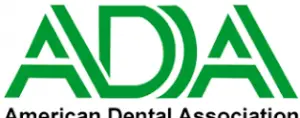
Association (ADA) recommends that you start brushing your baby’s gums with a soft clean damp cloth or gauze. Gently rubbing it along the gums after every meal. This must be done soon after he or she is born. This is done in order to prevent bacteria from forming upon her gums. As this will affect the teeth underneath this will help keep the baby’s mouth bacteria-free.
When your baby’s teeth begin to show, that is when you can start using a toothbrush. Brushing gently into the teeth area and around the gums. Make sure your toothbrush has soft bristle and that it has a tinny head that fits in the baby’s mouth.
When brushing; use a small amount of fluoridated toothpaste. Preferably the size of a pea drop. This helps to strengthen the tooth’s enamel and protect it from cavities and decay .be sure to brush twice a day.
Most milestones like, and talking are pure excitement. Teething I must admit maybe both exciting and at the same time a rough ride.
Sometimes when your baby is teething. You might need to get that cloth cooler. Thus by refrigerating it. then after rub it on the baby’s gums, or letting your baby chew it.
Take a cloth and damp it a bit. Put it in tight plastic and refrigerate it for an hour. Remove the cloth from the plastic and wash it. Then use it on the baby. Teething rings can be refrigerated too, only at low temperature to protect the baby’s teeth.
Giving your child medication is an option but only go for the recommended ones like infant acetaminophen and infant ibuprofen. Thus after you have visited your paediatrician.
Importance of sleep; how to take care of baby teeth.

Sleep is very important at this stage as it supports development. Sleep releases growth hormones. This helps ease the baby and is good for you too. You won’t have to see your baby in discomfort but only relaxing.

